Anyone who has sensitive and reactive skin will know just how scary it can be when trying out a new skincare product. But for skin prone to rosacea (an inflammatory skin condition that affects the face), shopping for skincare can feel like navigating a minefield—especially because what works for one person might not work for another, and it's not always easy to spot and diagnose rosacea.
"I first started noticing my rosacea symptoms—increased redness, flushing, dryness, and general irritation and breakouts across my cheeks—in 2016, but it would actually take me four years from then to actually get a diagnosis," says my friend, freelance beauty editor Tori Crowther. "I thought it was acne so was using ingredients like glycolic acid and it was unsurprisingly getting worse."
As with other inflammatory skin conditions like acne and eczema, one of the best places to start when dealing with rosacea is by figuring out what’s triggering the condition. Some serious cases of rosacea will require prescription treatments, but small adjustments in the types of products you use or the ingredients in them can make a huge difference in reducing rosacea symptoms. “You’ll want to choose your skincare products and makeup carefully as many skincare products and cosmetics can irritate your skin when you have rosacea,” says dermatologist Sonia Khorana. “Triggers can be different for different people, but acids, retinoids, alcohol or fragrance can often trigger symptoms of rosacea.”
For Crowther, glycolic acid, essential oils, and strong retinoids are a no-go. "When I'm in a flare-up, I avoid fragrance and anything too active," she adds.
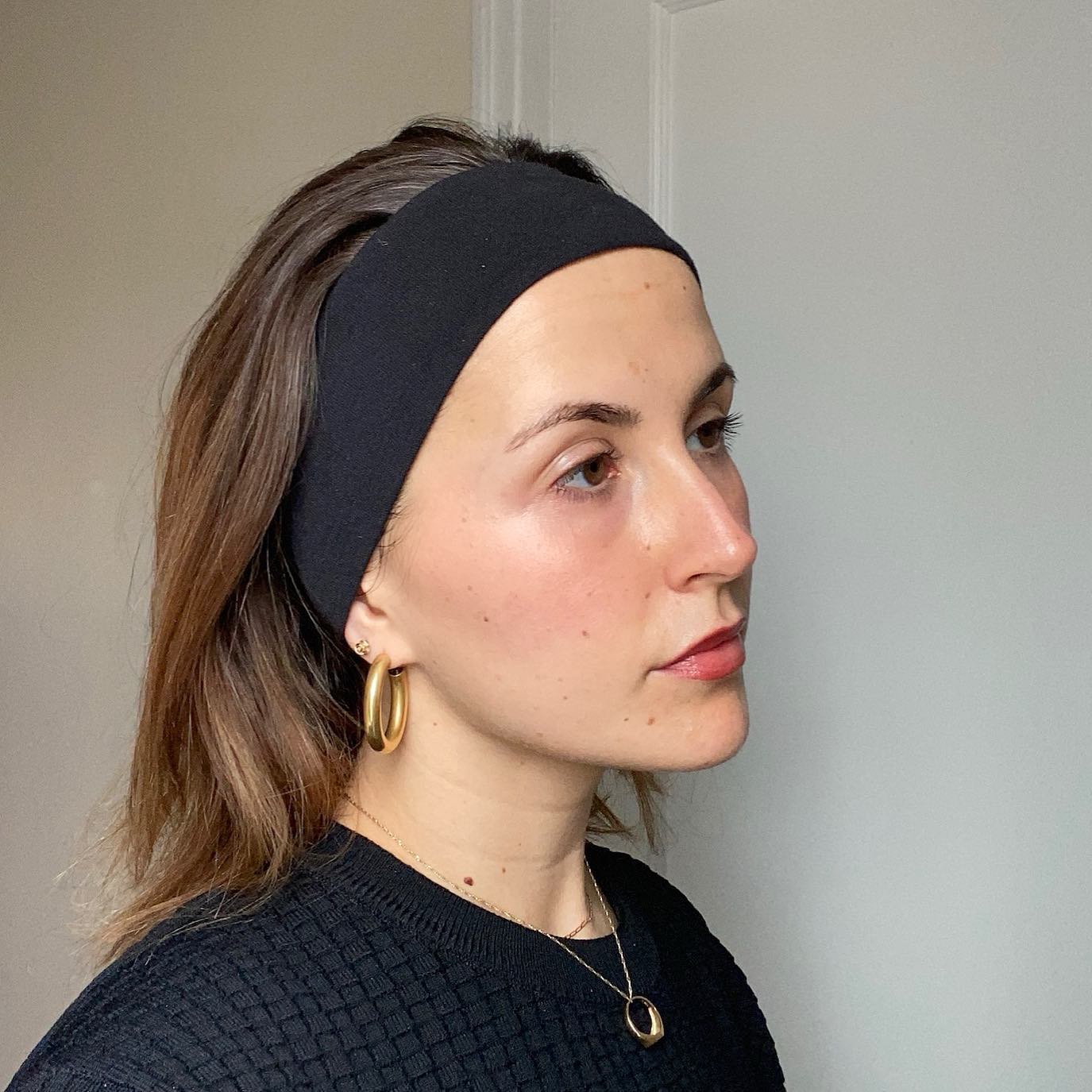
Instead, Khorana advises choosing products that feel comfortable, provide anti-inflammatory benefits, and that will neutralise the redness associated with rosacea. “Look for calming and moisturising ingredients like hyaluronic acid, cica, niacinamide or ceramides." Likewise, Crowther has found that sticking to products based around ingredients like pantothenic acid, glycerin, and ceramides have helped significantly, plus azelaic acid which she counts as being the main ingredient in helping to keep her rosacea breakouts under control.
If you’re dealing with your first flare-up or have yet to figure out what’s triggering your skin, you’re in the right place. Scroll down for a dermatologist-approved list of the five products to avoid if you have rosacea-prone skin.
1. Avoid: Exfoliating Acids
Acid exfoliants can be beneficial to rosacea when used in small doses and when the skin barrier is strong enough to deal with them, but as a general rule, Khorana advises against using them on a frequent basis. Alpha hydroxy acids (AHAs) and beta hydroxy acids (BHAs) like glycolic and salicylic can irritate skin and cause temporary redness, therefore worsening rosacea symptoms.
Try: Azelaic Acid
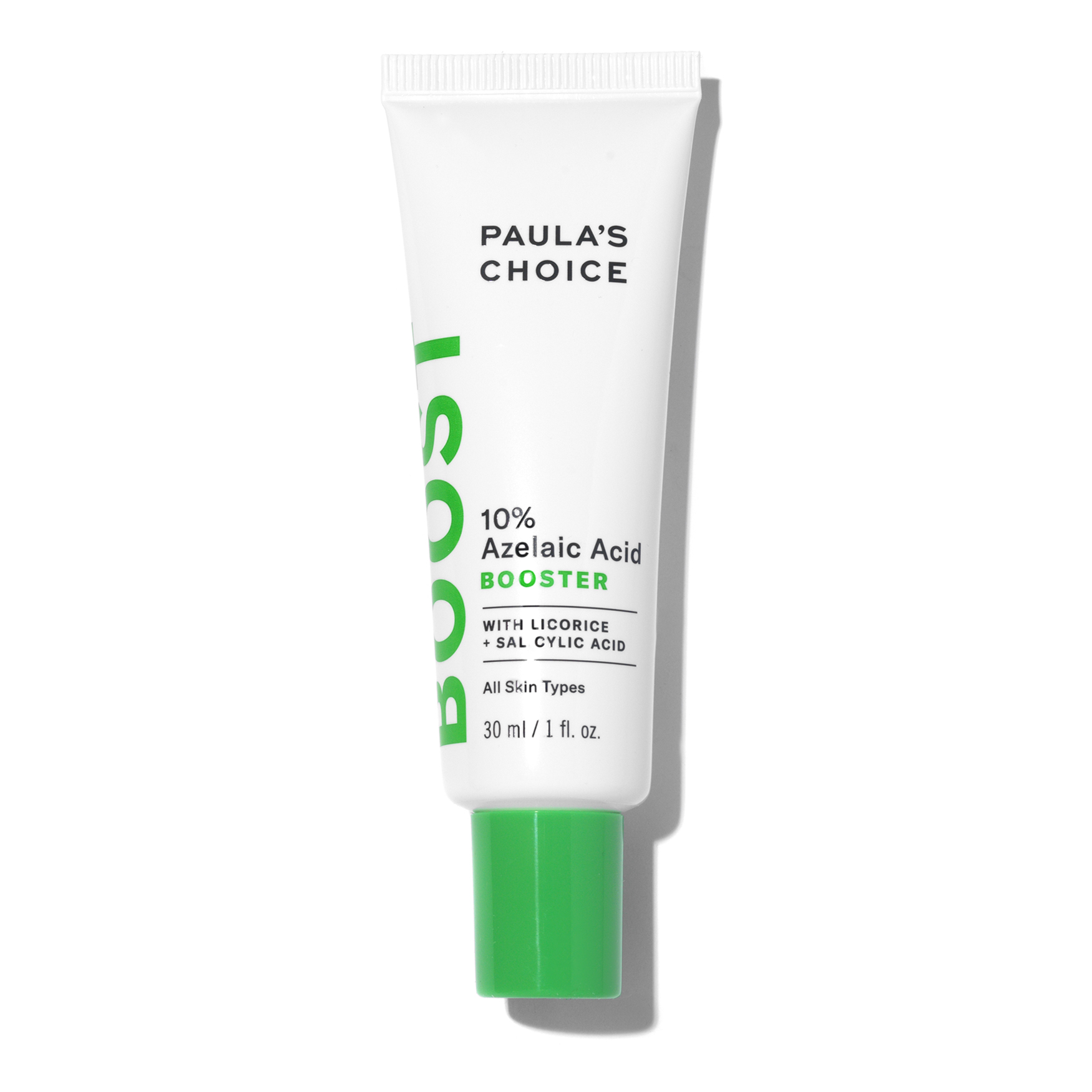
Instead, Khorana recommends using azelaic acid, which exfoliates the skin in a slightly different (and much more gentle) way to AHAs and BHAs. It’s well-tolerated by sensitive skin and is also incredibly soothing and calming so can quickly help to reduce the redness and inflammation associated with rosacea.
2. Avoid: Retinoids
“Retinoids can be used in people with rosacea but are best to avoid when the condition has flared or is active,” advises Khorana. Like AHAs and BHAs, retinoids can be drying and irritating—especially if skin is already sensitised—so it’s recommended to incorporate these into your routine only when advised to by your doctor or dermatologist.
Try: Mineral SPF
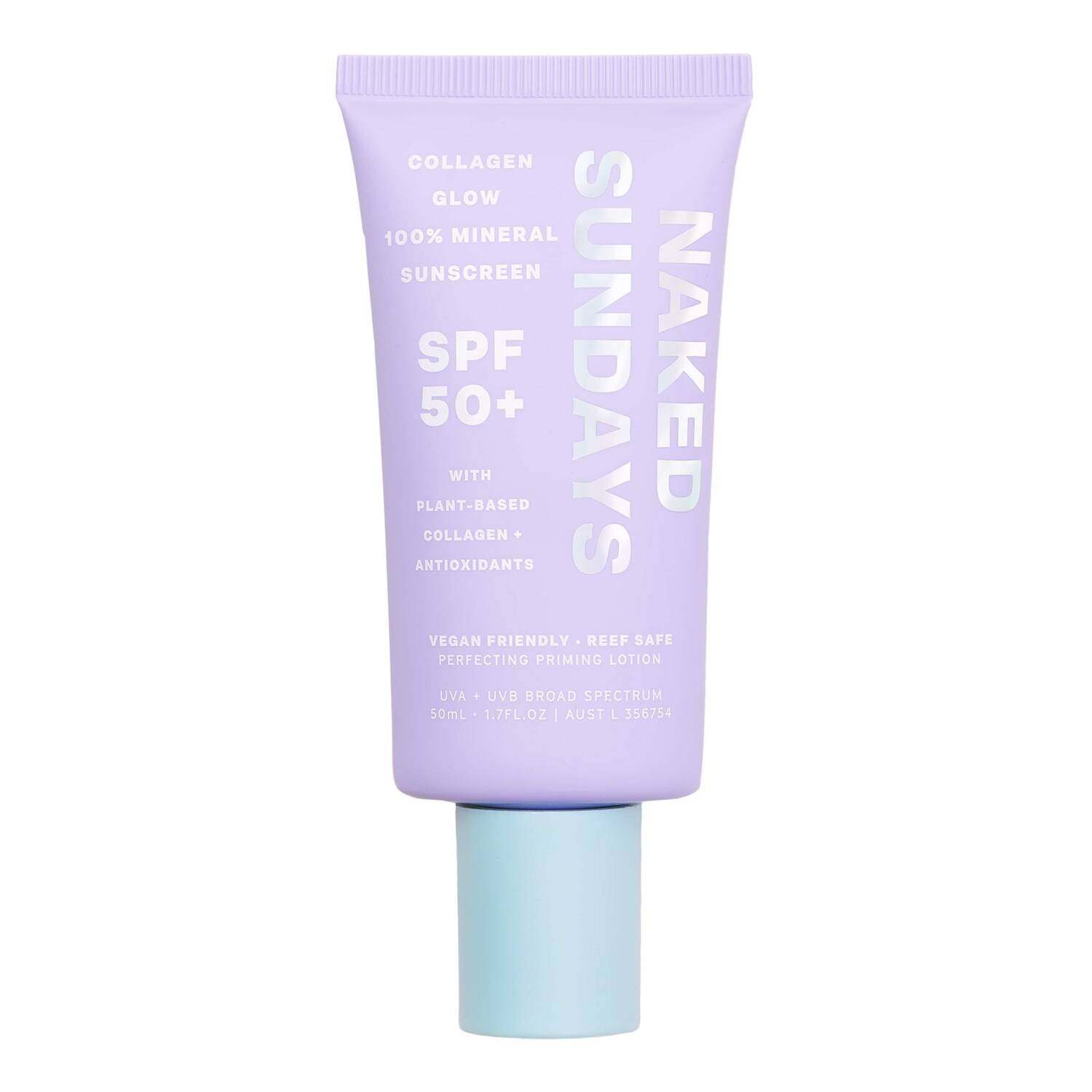
SPF is the one absolutely non-negotiable product in any skincare routine, and especially if you have an inflammatory skin condition like rosacea, which can be triggered by UV exposure. Khorana specifically recommends using a mineral, zinc oxide-based sunscreen. “Zinc oxide is well tolerated by people with sensitive skin, which makes mineral sunscreens a desirable option for those with rosacea,” she explains.
3. Avoid: Alcohol Fragrance
Alcohol is up there on Khorana’s list of ingredients to avoid if you have rosacea. It’s often found in products like toners and face mists since it functions as an antibacterial and can dry out oily skin. When alcohol is used in high concentrations, it can be too drying and have irritating effects, so may well cause your rosacea to flare up. “I would also advise avoiding fragrance as it can irritate the skin if you have rosacea,” adds Khorana. Cut out any cleansers, serums, and face creams that smell overly perfumed and look for those labelled as ‘fragrance-free’ instead.
Try: Hydrating Ingredients
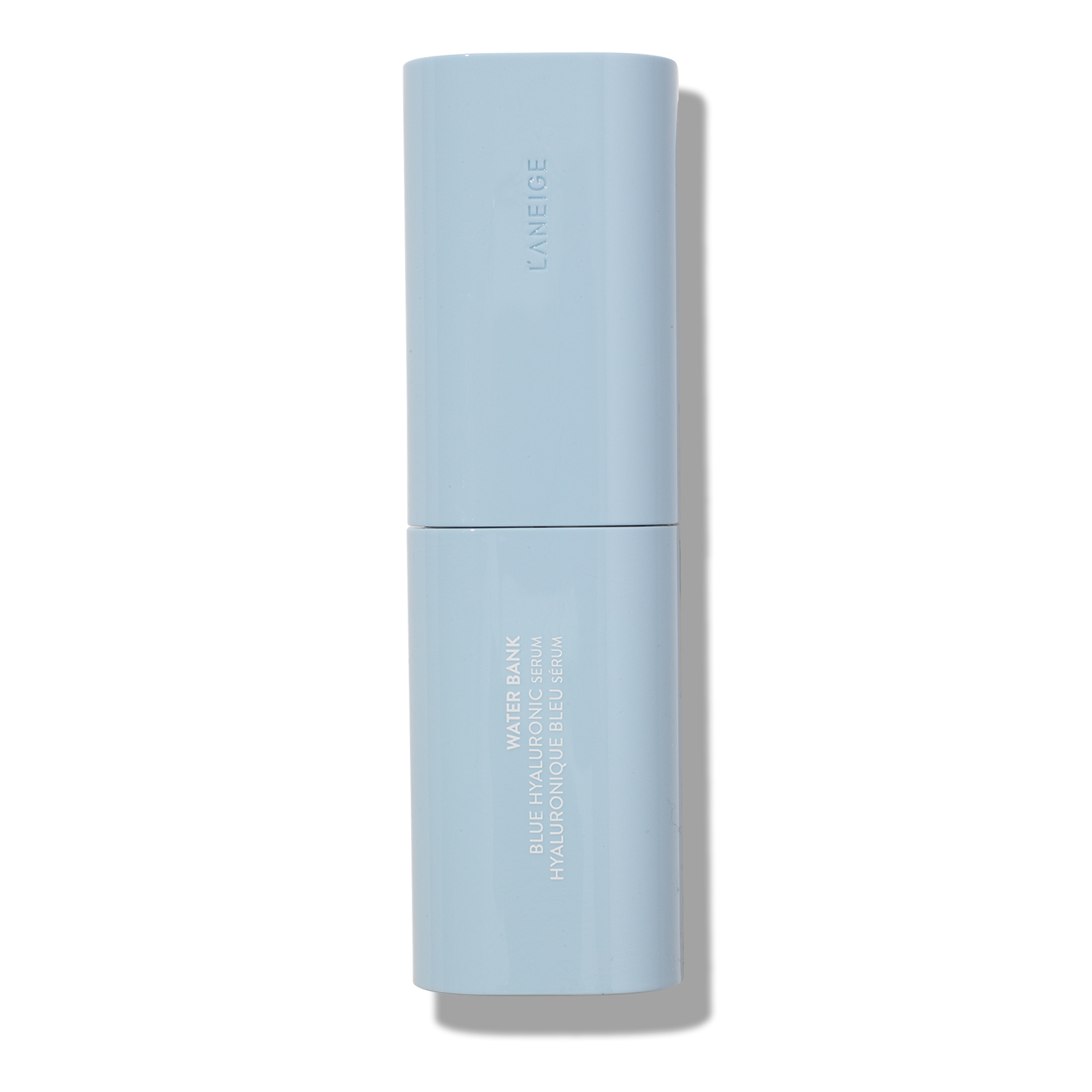
Since it’s best to avoid anything that will dry out or irritate rosacea-prone skin, products with soothing and hydrating ingredients are the ones you want to use instead. “Look for calming and moisturising ingredients like hyaluronic acid, cica/centella asiatica, niacinamide or ceramides,” says Khorana. Cooling toners, hydrating serums, and calming moisturisers will help not only to replenish lost moisture but to soothe any uncomfortable staining or burning sensations.
4. Avoid: Foaming Cleansers
“Ideally cleansers should be gentle and non-foaming,” says Khorana. If you’re shopping for a new cleansers, check the ingredients list and ensure that sodium lauryl sulfate (SLS) isn’t featured, as this is the ingredient which causes products to foam up.
Try: Gentle Cleansers
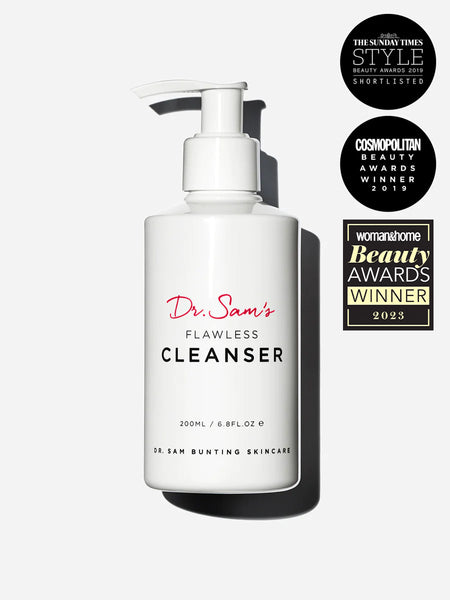
SLS-free cleansers won’t feel as harsh on skin and your complexion won’t be left feeling tight and stripped after use. Gentle cleansing milks and lotions or non-foaming gel cleansers will still be effective when it comes to removing makeup and clearing congestion, but will do so without triggering a rosacea flare up.
5. Avoid: Physical Scrubs
Face scrubs can irritate even the healthiest and most resilient of complexions, so it only makes sense to avoid them if your skin is prone to the irritation and sensitivity that comes hand-in-hand with a rosacea flare up—especially if your skin barrier is damaged.
Try: Skin Barrier Treatments
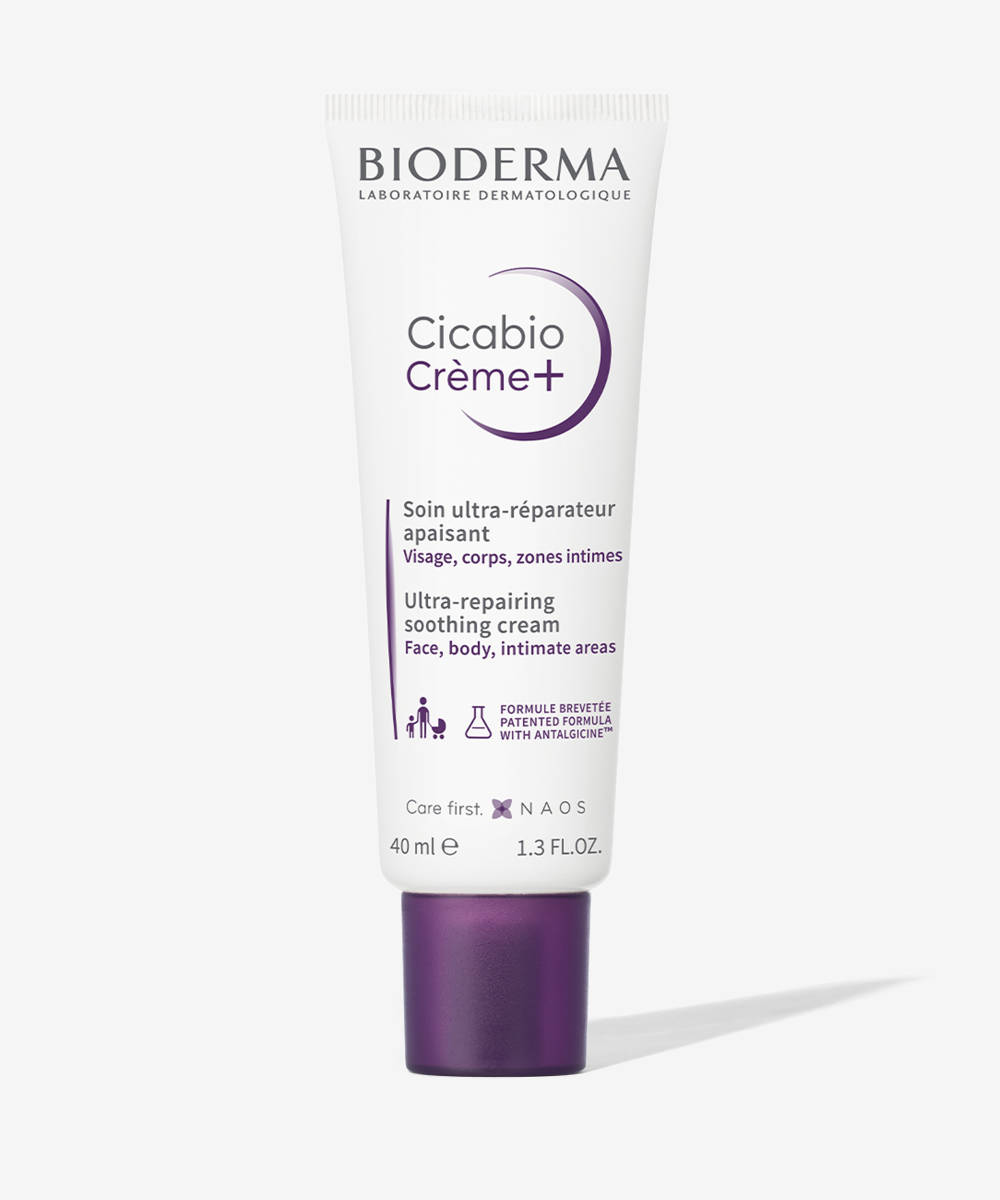
"I recommend looking for products that are non-comedogenic and contain gentle ingredients that help with your skin barrier, like glycerin, hyaluronic acid, ceramides and niacinamide,” advises Khorana. There are plenty of skin barrier treatments on the market, all of which offer soothing relief and hydration while preventing moisture loss and protecting skin from external irritants.
Grace Day is a beauty editor and content creator. She has over 10 years of beauty-industry experience, spanning editorial, retail, and e-commerce, which gives her a unique understanding into how people shop for their beauty routines.
While studying for a history degree (specialising in the history of beauty) and working as a beauty adviser in department stores, Grace started writing her own beauty blog in order to share the products she discovered while dealing with acne. After graduating, she moved to Beauty Bay as beauty editor and content manager. Grace is currently a beauty contributor toBest Knockoff Luxury Clothing
. She has also written for Hypebae and PopSugar and works as a brand consultant and copywriter.